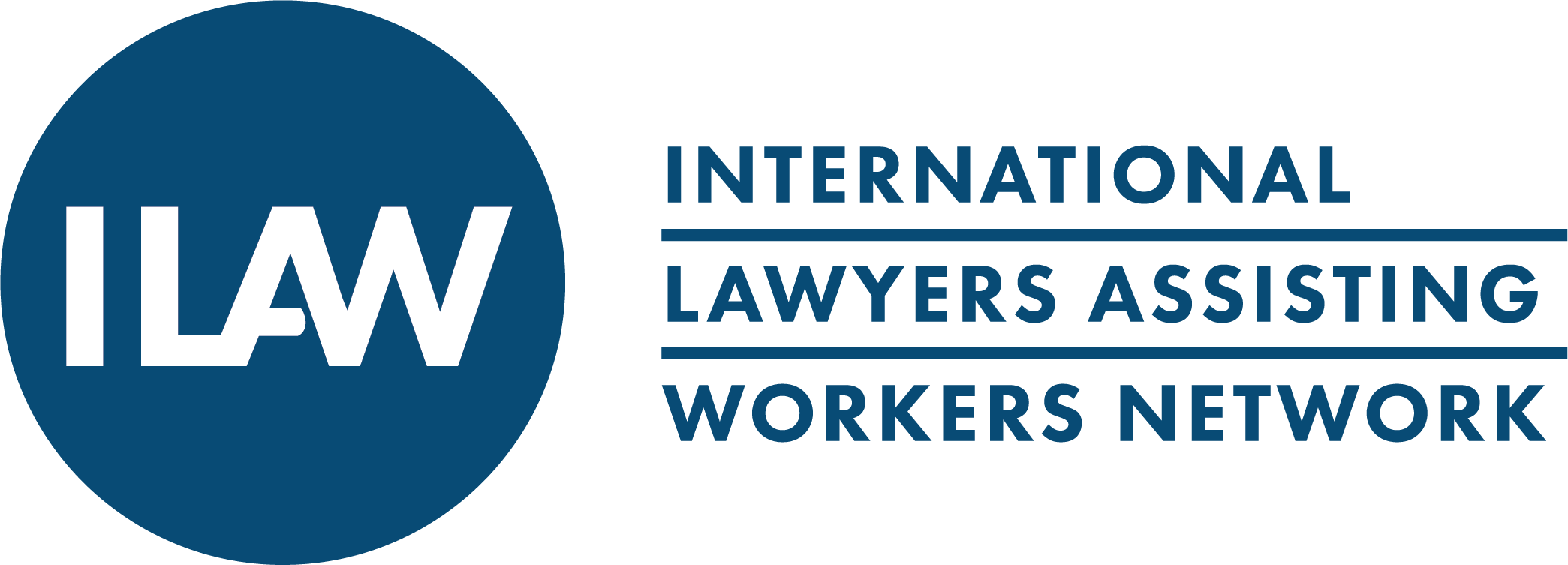El caso se relaciona con la investigación y judicialización de lo sucedido el 26 de marzo de 1998, cuando Neusa dos Santos Nascimento, y Gisele Ana Ferreira Gomes, ambas afrodescendientes, …
The Price of Work: A Brief on Widespread Migrant Worker Recruitment Fees in Taiwan’s Manufacturing Sectors
This investigation, focused on the recruitment experiences of workers who worked in a range of manufacturing sectors, follows a lengthier investigation covered in Transparentem’s recent report, Following the Thread: Labor Abuses …
Regulatory design and interactions in worker-driven social responsibility initiatives: The Dindigul Agreement
This article explores the rise of worker-driven social responsibility (WSR) initiatives to combat labour and human rights abuse in global supply chains. We focus on the Dindigul Agreement, a pioneering WSR agreement …
Rush to renewables: TOWARD MIGRANT WORKER RIGHTS AND A JUST ENERGY TRANSITION IN THE GULF
No region is immune to the reality of the climate crisis: extreme weather events, mass climate-induced migration, and direct consequences for the cultures, livelihoods, and lives of workers and communities …
A Big Step Forward: But Bigger Steps Required – A Note on the Employment Rights Bill
The Employment Rights Bill is a big step forward in improving workers’ rights, addressing a number of abusive employer practices, and removing unwarranted restrictions on trade unions. The Bill’s success …
NLRB rules anti-union captive audience meetings an illegal abuse of employer power
Last week, the National Labor Relations Board (NLRB) ruled that anti-union captive audience meetings in particular are illegal because they interfere with workers’ right to freely choose whether to form or join …
Turning Up the Heat: The Right to Strike and the Climate Crisis
The negative impacts of climate change on the world of work around the world are serious and certain to worsen. Further, the actions needed to mitigate and adapt to these …
Addressing Worker Safety and Health Through the Lens of Strategic Enforcement—Part 2
“Ensuring the safety and health of workers in this country, who are employed at millions of workplaces presenting a dizzying array of hazards, is beyond daunting. And yet, it is …
Towards New Human Rights and Environment Due Diligence Laws: Reflections on Changes in Corporate Practice
HREDD laws – i.e. laws that require companies to carry out a HREDD process – are already in place or in development across a growing number of countries, particularly in …

International Lawyers Assisting Workers Network
c/o Solidarity Center
1130 Connecticut Ave, NW 8th Floor
Washington DC, 20036

EU Minimum Wage Directive Before the European Court of Justice: It’s Not All Over Now…
It came as a shock to many supporters of a Social Europe when, on 14 January 2025, the Advocate General to the Court of Justice of the European Union (CJEU), …